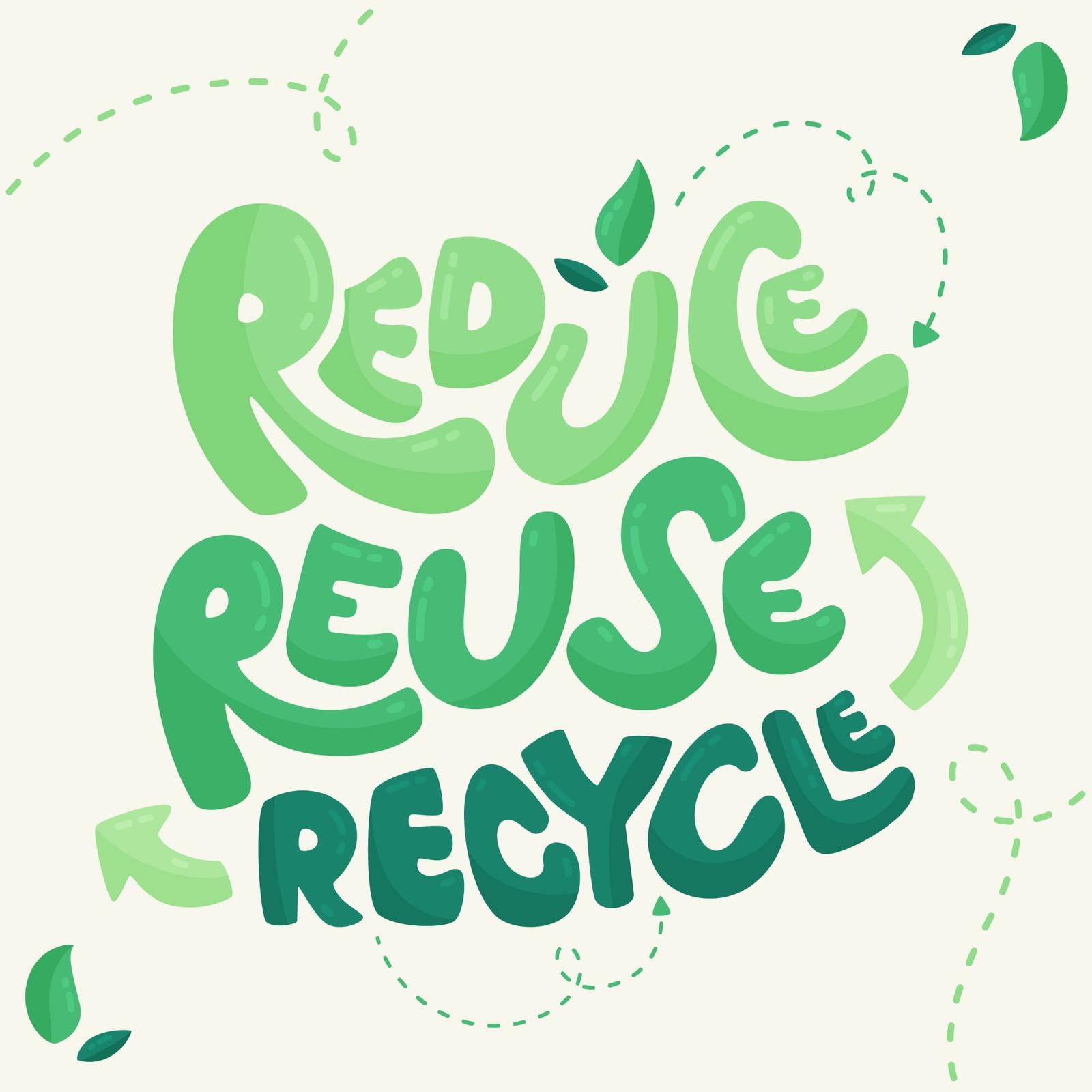Natural Personal Care, Soap and Shampo Bar
Coconut And Clove Body Scrub Bar
₹295.0
Our soaps are all freshly made to order. Although you can start using them immediately, they will benefit greatly from a 2 week cure. Therefore, if possible, start using after 2 weeks from delivery.
Categories: Natural Personal Care, Soap and Shampo Bar
Made in India, with locally sourced ingredients.
Use:
Our soaps are all freshly made to order. Although you can start using them immediately, they will benefit greatly from a 2 week cure. Therefore, if possible, start using after 2 weeks from delivery.
In addition, since we use no chemical hardeners, please use a very well draining soap dish. Ensure your bars don’t sit in water, or they will melt faster.
Enjoy the beauty of our pure and natural handcrafted Bare Bars.
Be the first to review “Coconut And Clove Body Scrub Bar” Cancel reply
You must be logged in to post a review.
Q & A
Ask a question
There are no questions yet
Ingredients and Sourcing
- Coconut Oil:
- Sustainability: Coconut oil is often considered a sustainable resource because coconut trees are perennial, meaning they produce coconuts year-round for many years. They require relatively low amounts of water compared to other crops and can grow in poor soil conditions, making them an efficient crop.
- Carbon Footprint: The production of coconut oil generally has a lower carbon footprint compared to other oils. Coconuts are typically harvested manually, reducing the need for fossil fuel-powered machinery. Additionally, coconut trees sequester carbon dioxide from the atmosphere, which helps offset emissions.
- Clove:
- Sustainability: Clove is a spice derived from the flower buds of the clove tree, which is also a perennial plant. This means it has a similar sustainability profile to coconuts, providing ongoing yields without the need for replanting each season.
- Carbon Footprint: Like coconut trees, clove trees also contribute to carbon sequestration. The harvesting and processing of cloves are relatively low-energy processes, contributing to a smaller carbon footprint.
Production Process
- Minimal Processing:
- Traditional methods of making soap involve saponification, a process that combines fats or oils with an alkali (such as lye). This process does not require extensive energy inputs, particularly when done on a small scale or using artisanal methods.
- Modern production facilities can also be optimized for energy efficiency, further reducing the carbon footprint.
- Local Production:
- If the Coconut and Clove Bar is produced locally or regionally, it minimizes transportation emissions, which are a significant part of the carbon footprint for many products.
Packaging
- Eco-friendly Packaging:
- Sustainable soap products often come in minimal, recyclable, or biodegradable packaging, which reduces the environmental impact associated with plastic waste and the energy required to produce packaging materials.
Usage and Disposal
- Biodegradability:
- Natural soaps, such as those made from coconut oil and clove, are typically biodegradable. This means they break down more easily in the environment compared to synthetic soaps, reducing water pollution and harm to aquatic life.
- Long-lasting:
- High-quality natural soap bars tend to last longer than synthetic ones, meaning consumers need to purchase them less frequently, which indirectly lowers the overall environmental impact.
References and Further Reading
- Coconut Oil Production: "The Environmental Impact of Coconut Oil", Journal of Agricultural and Food Chemistry.
- Clove Sustainability: "Sustainable Spice: The Case of Clove Production", Environmental Science & Policy.
- Carbon Footprint of Natural Soaps: "Life Cycle Assessment of Soap Products", International Journal of Life Cycle Assessment.
- Biodegradability of Soaps: "Environmental Impact of Biodegradable Soaps in Aquatic Ecosystems", Environmental Toxicology and Chemistry.
No more offers for this product!
General Inquiries
There are no inquiries yet.






Reviews
There are no reviews yet.